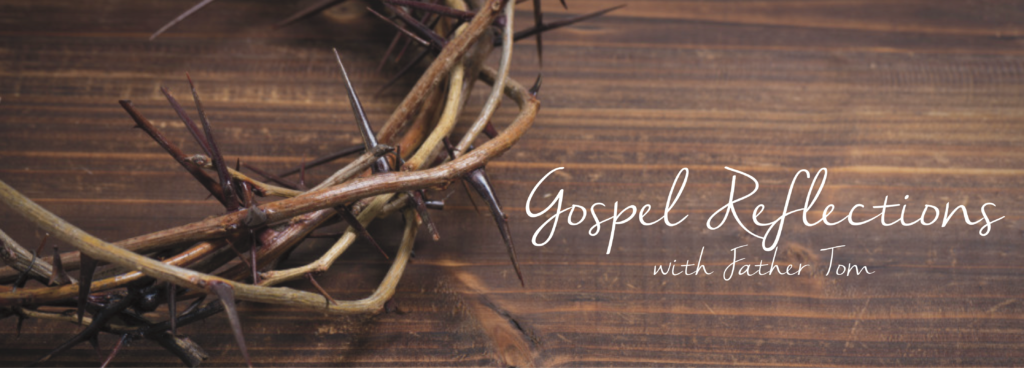
The steward in Jesus’ story was unreliable and dishonest. It’s obvious that he had been so for quite some time. It probably started off in little ways, but eventually become a way of life. He must have known all along that he was living dangerously. But he got away with it for a long time, thus evading public judgment and even self-examination. However, in spite of his craftiness, he was eventually found out, and his master confronted him with his misconduct.
It must have been a very humbling and painful moment for the steward. He was about to lose not only his job but also his reputation. He had brought shame and disgrace on himself and on his family, if he had a family. Yet it was also a moment of truth and revelation, because it showed him the dishonest reality in which he had been living. It provided him with an opportunity to leave behind illusions and lies. Thus it could have been a turning point in his life.
But what happened? He learned nothing from it. Even after being sacked from his job he continued on in his old dishonest ways. There wasn’t the slightest change in his character. Not the least dent in his armor. He refused to take responsibility for the kind of person he had become.
It’s very difficult to change the habits of a lifetime. Dostoevsky says, “The second half of a person’s life is usually made up of the habits acquired during the first half.” That’s a pretty frightening thought.
Once a holy man was instructing his disciples as they walked through a wood. He pointed to a small oak sapling, and asked one of his disciples to pull it up. The disciple did so with one hand. Then the master pointed to another oak, a little bigger than the first, and asked the disciple to pull that one up. He did so but had to use both hands. The master pointed to a third and bigger oak, and asked the disciple to pull it up. He could do so only with the help of one of his companions. Finally he pointed to a still larger oak and asked the disciple to pull that one up. Even with the help of all of his companions he was unable to do so.
And the master concluded, “That’s how it is with passions and habits. In the beginning, before they have sunk deep roots, it is easy to eradicate them. But if we allow them to sink deep roots, it becomes virtually impossible to rid ourselves of them.” This, presumably, is what happened to the servant in Jesus’ story. He had become so used to a dishonest way of life that he couldn’t change. However, what is impossible to us can become possible with the aid of God’s grace.
While the story shows the danger of bad habits it also shows the importance of forming good habits. Just as dishonesty can become a way of life so can honesty. Honesty can become habitual, spontaneous, second nature. How does one arrive at this happy state? It cannot be achieved overnight. It has to be learned by long practice. It is not achieved by a few great deeds but by a lot of little ones. The real reward for a good deed is that it makes the next good deed easier. Every little action of the common day makes or unmakes character.
